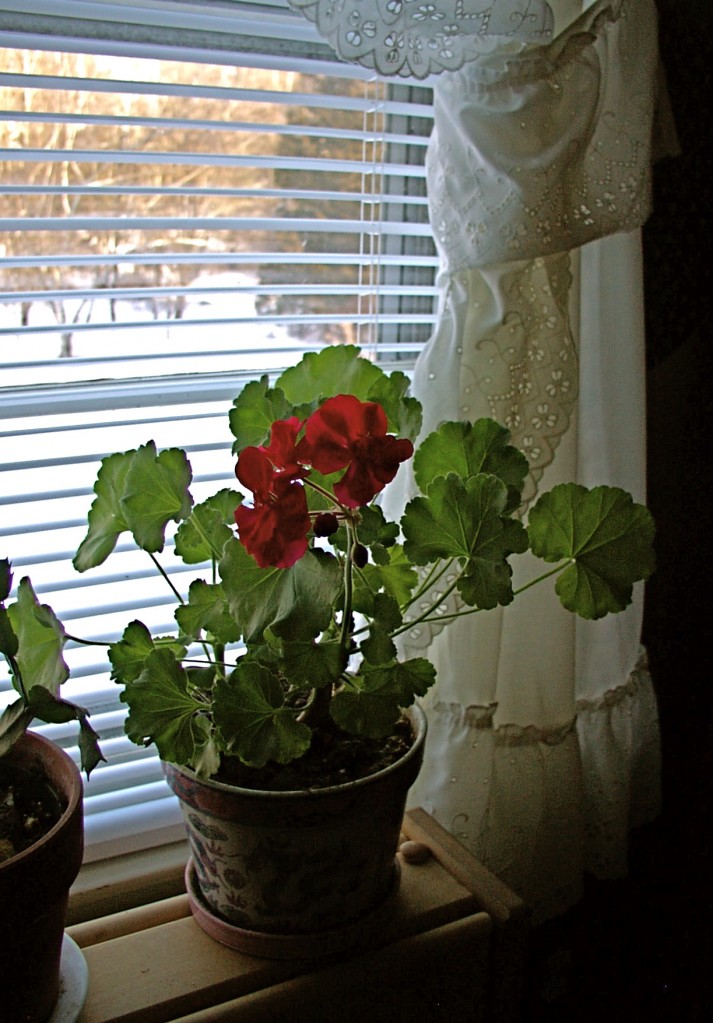I was directed to this by a fictionaut tweet, “The Death of Literary Fiction” at Mother Jones. It does give an historical account of university MFA Creative Writing programs and the decade by decade changes in the reading and subsequent funding of the college literary journals.
“Last summer, Louis Menand tabulated that there were 822 creative writing programs. Consider this for a moment: If those programs admit even 5 to 10 new students per year, then they will cumulatively produce some 60,000 new writers in the coming decade. Yet the average literary magazine now prints fewer than 1,500 copies. In short, no one is reading all this newly produced literature—not even the writers themselves. And with that in mind, writers have become less and less interested in reaching out to readers—and less and less encouraged by their teachers to try.”
By some theories, there will be a rise and decline in any trend so that while the online publishing formats may have put a dent in the hard copy journals–and produced some very interesting changes–there is also the move towards reading in short form and online with laptops, notebooks, netbooks and of course, Kindle, etc. versus the fact that many paper journals have hopped onto the web wagon for narrative display.
Another thing I found interesting is the move on the part of magazines such as Good Housekeeping, Cosmopolitan, Redbook that I remember grabbing every month and reading the stories first, have banished fiction for the most part from their pages. Unfortunately, this didn’t seem to help the university publications:
“But the less commercially viable fiction became, the less it seemed to concern itself with its audience, which in turn made it less commercial, until, like a dying star, it seems on the verge of implosion. Indeed, most American writers seem to have forgotten how to write about big issues—as if giving two shits about the world has gotten crushed under the boot sole of postmodernism.”
As a suggestion, the article would like to see literary journals take on hardcore stories with more than navel-gazing as subject matter:
“I’m saying that writers need to venture out from under the protective wing of academia, to put themselves and their work on the line. Stop being so damned dainty and polite. Treat writing like your lifeblood instead of your livelihood. And for Christ’s sake, write something we might want to read.”
I would tend to agree to a point. While we as writers could certainly help society by focusing on some of the current events–and do so in a literary manner that focuses more than journalism could on the human aspect of these events–there still should be a place for interest in answering so many of our own personal and much less distant and earth-shattering parts of living in today’s world.
What the article did not touch upon was something that in my own ten years of beating on editorial doors I’ve seen far too much of–the tendency to “name-drop” by the lit journals as a sales tool, thus keeping out many terrific writers who don’t have that MFA or list of publishing credits to their name.



 The Lost Children: A Charity Anthology
The Lost Children: A Charity Anthology